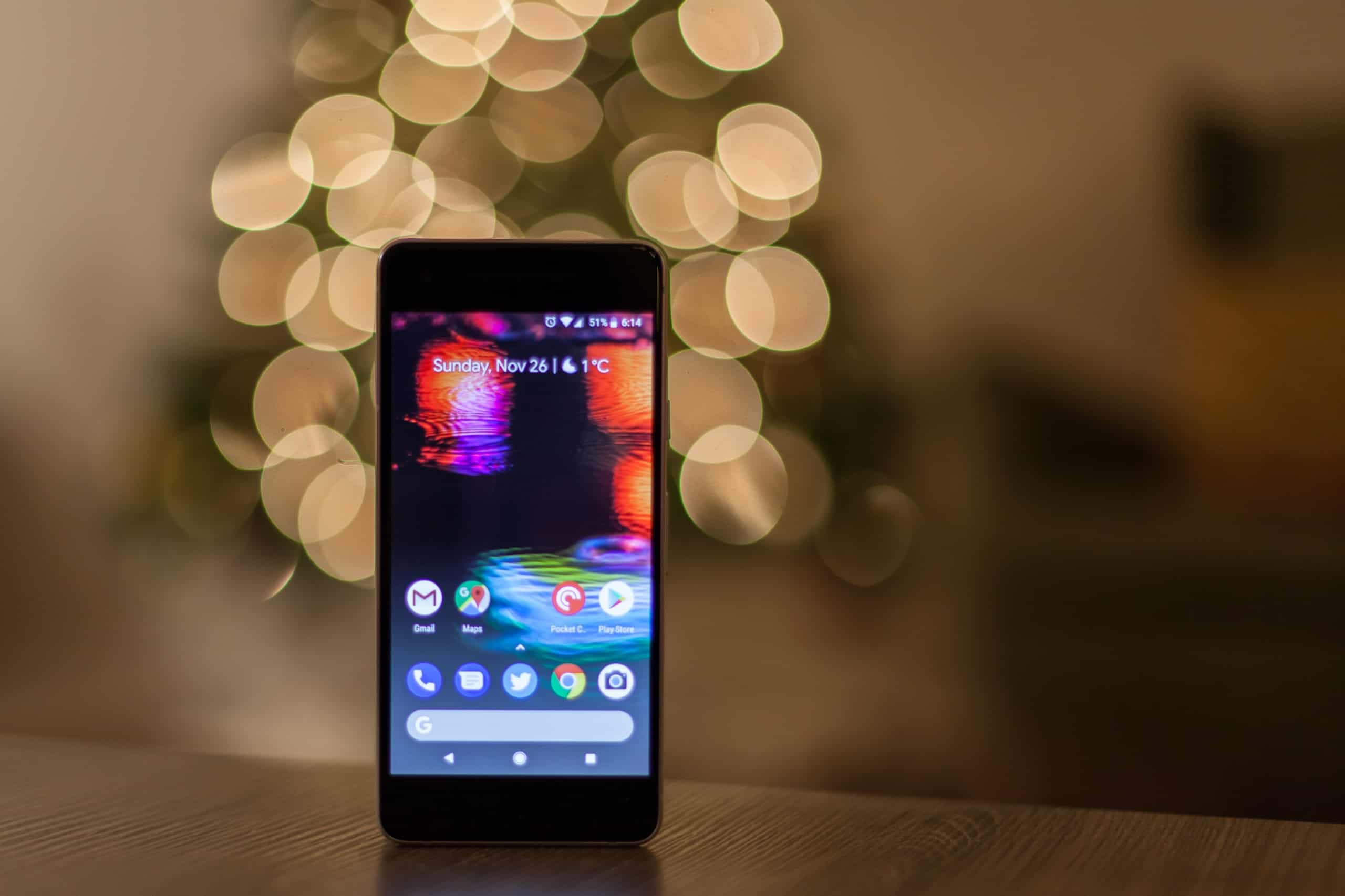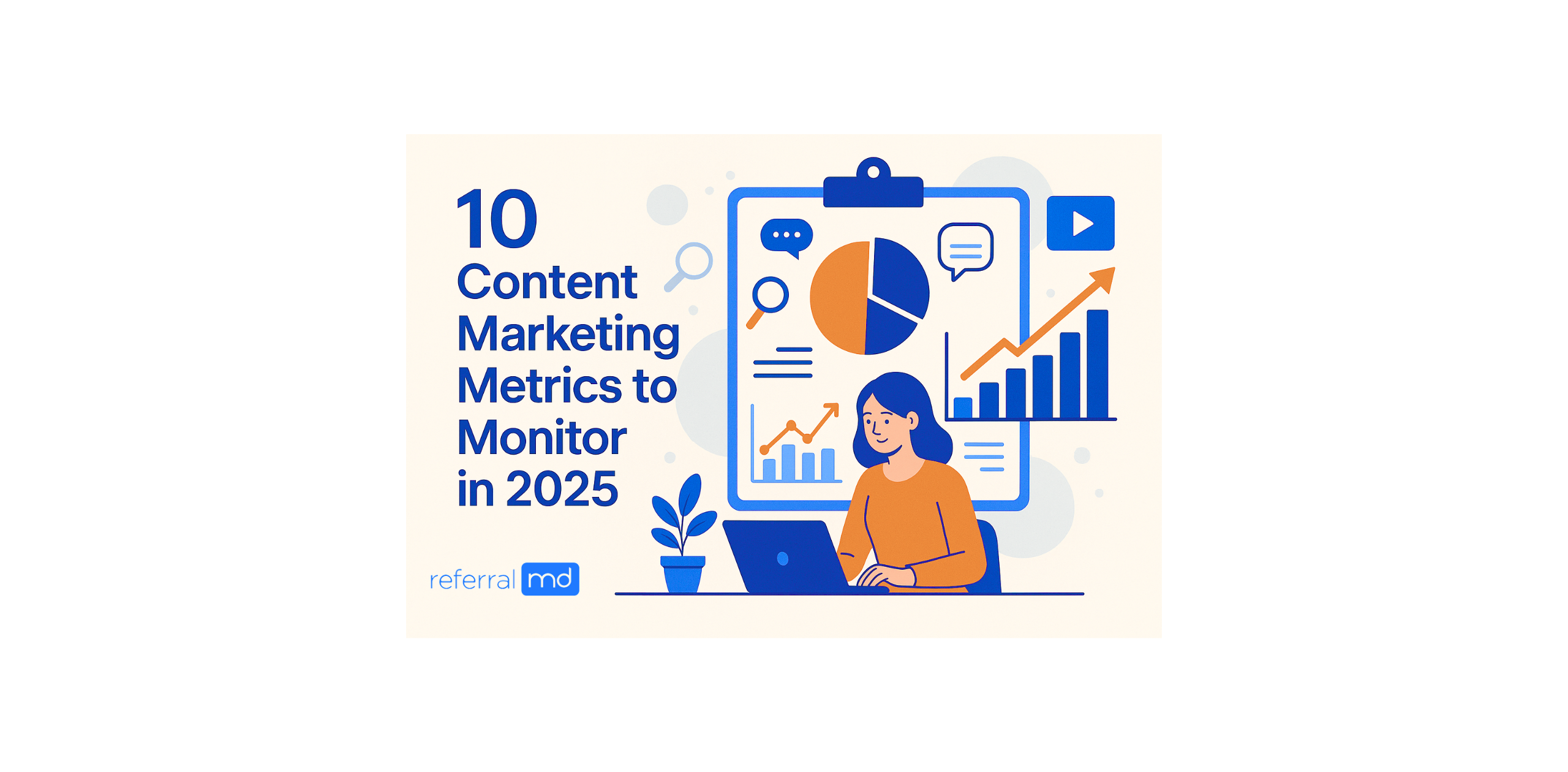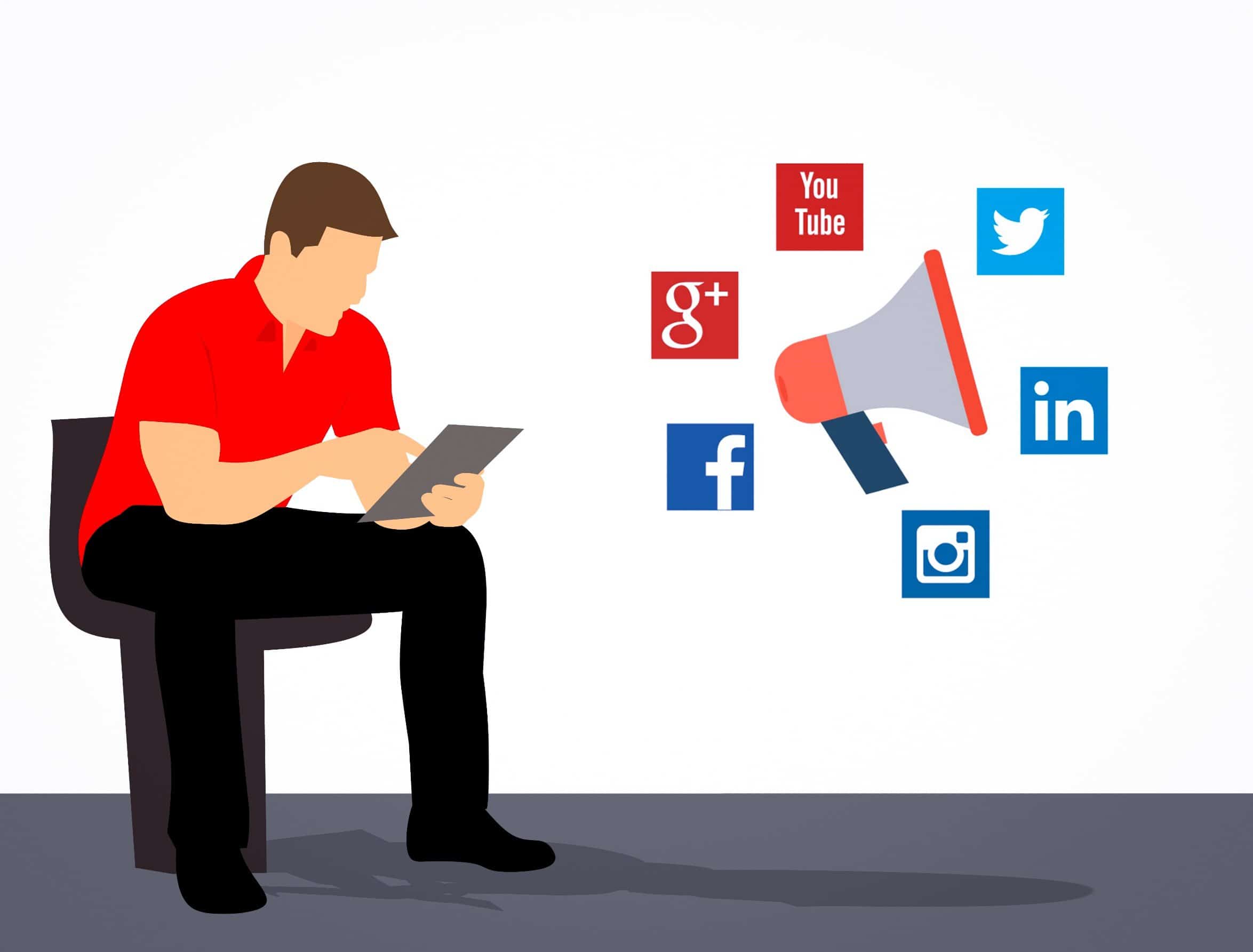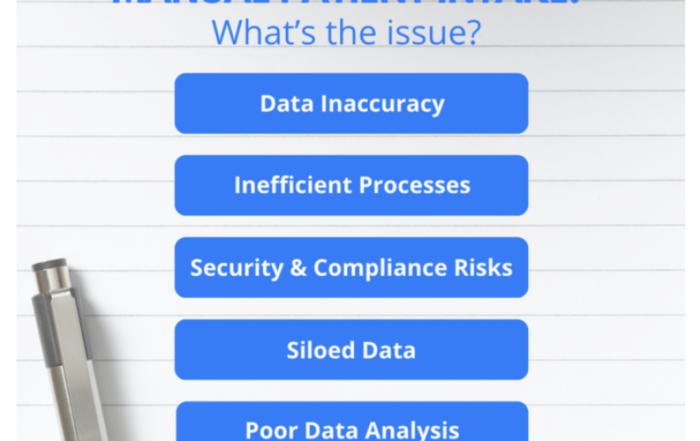Chatbots are conversational software that is available either via standalone apps or web applications. These conversational agents mimic human speech to simulate a human conversation. The technology uses natural language processing (NLP) that recognizes the voice and interprets what the user is saying using algorithms.
With dramatic developments in artificial intelligence and machine learning, chatbots have immensely become popular across various sectors. Already virtual assistants like Google now, Microsoft’s Cortana, and Apple’s Siri are making many buzzes. Thanks to their smart intelligence, responsiveness, and usefulness, that supports the fact that chatbots are here to stay. The popularity is likely to grow in the near future with further advancements and implementation.

Photo by Stephen Frank on Unsplash
Chatbots in Healthcare – Implications and Possibilities
When talking about the healthcare industry, the possibilities for chatbots to grow are relatively high. Although the adoption rate is not yet widespread. The number of healthcare chatbots is increasing. As health services become patient-centric, offering personalized and satisfactory experiences is of utmost priority for healthcare providers.
With a view to delivering the best services to patients, healthcare companies are embracing technology trends to stay current with the latest trends and market needs. As customer services take a whole new approach, providers are keen to invest in automated tools to offer timely care services. In the digital age, patients expect faster responses from healthcare service providers. Delay in the same annoys customers, and the outcome is negative online reviews and damage to brand reputation. In a competitive market like healthcare, providers are in no mood to take a chance, so keeping patients happy is their ultimate goal.
Replacing humans are chatbots that are faster and seemingly intelligent. They provide commensurate help to both healthcare professionals and patients. Does the use of chatbot technology improve the patient experience? With automated assistance stepping in, the work of medical professionals has reduced manifold. They can now better concentrate on physical patient care while chatbots assist with: medical queries, medication guidance, symptom checks, nutrition, and other matters. It is because of chatbots that visits to doctors for minor issues have decreased. For their health questions, patients are turning to chatbots first as they are instant. Soon, there will be a time when chatbots will be the first point of contact for medical help. Patients will go to doctors only when chatbots will fail to handle their issues.
Chatbots have massive potential for successful implementation across the healthcare sector. In the recent past, the number of health chatbots has seen a dramatic rise. Among all, here is a list of the best 11 chatbots that are empowering interactive healthcare and leading the industry towards exponential growth:
1. SafedrugBot
Medical knowledge keeps expanding, and healthcare professionals need to be aware of every change. A proper understanding of technology and treatment changes is essential to providing quality care. This becomes important, especially when healthcare practitioners are dealing with pregnant and breastfeeding women. Addressing all these requirements is SafedrugBot, a messaging service that offers assistance to medical practitioners via Telegram, the messaging app. The chatbot helps doctors access the right information about drug dosage on the go to guide the patient in the path they must follow.
SafedrugBot is a virtual assistant designed to help healthcare professionals provide valuable guidance and monitor the health of a woman during breastfeeding. It acts as an assistant that offers medical users the right data through chat. The chatbot can search through the vast database to find out detailed information on drug guides using search queries based on the active ingredient or brand name of the drug in question.
2. Florence
Launched in 2017, the usage of Florence chatbot has increased immensely over the years. There are more than two thousand daily users of this personal health assistant. It performs the job of what a nurse would do during a patient’s hospital stay. That is why the chatbot gets its name after Florence Nightingale, the founder of modern nursing.
Florence reminds patients to take pills, track body weight, log menstrual periods and moods. Florence does it all -like your nurse. The patient will have to fill in details like the medication names, time taken, quantity, etc… It has to be taken in chat. From thereon, Florence will remind you to take medicine at the time mentioned through messages. Also, it has additional features like finding a doctor or pharmacy nearby and providing information on any medical issue. The automated messaging system also tells what the user must do if in case they miss any pill. It is available on Facebook Messenger and Skype or Kik.
3. Izzy
Izzy, the conversational virtual assistant, is designed to help women track their periods. It provides information on the user’s sexual issues and menstrual health.
It is unlikely for women to share their menstrual issues with another person. Often women hide such things and lack valuable information on various health aspects during periods. For all those women, Izzy is the assistant in need. As a friend and guide, the chatbot reminds you when to take birth control pills, your fertility period, and tell you about the next period. Even when you don’t feel alright, Izzy checks on that to ensure if you are doing fine. Available on Messenger, Izzy assists women in handling menstrual-related topics. From helping women maintain good health during period days to ensure women can easily track their period cycle, Izzy offers friendly online help.
4. Folksy
Forksy is a chatbot that assists in tracking calories and promotes healthy eating habits. Available on Facebook Messenger, Forksy is your food diary that uses artificial intelligence (AI) to automate your nutritional coaching process. It tells you the benefits of the food you eat and informs about each food item’s calories. When you converse with the chatbot, it responds with automated feedback supported by AI.
The chatbot is ideal for use if you really want to track your nutritional intake and reduce weight. If you have any food-related questions, the conversational messaging system answers them as well.
5. Babylon Health
Babylon, a subscription health service provider, enables patients to have a remote consultation with healthcare professionals and doctors. The user needs to download their app to communicate via text and video messaging. AI mostly drives the consultation provided through the app based on the patient’s medical history and general information on various medical aspects. If necessary, patients can have live video chats with a real doctor as well.
The app is the symptom checker chatbot within the Babylon, which offers relevant information to the user based on symptoms. When the user reports disease symptoms to the app, the same is cross-checked against a vast database of diseases in the background to offer an appropriate solution. In 2017, even the UK National Health Service (NHS) used Babylon chatbot to dispense medical advice as part of a trial.
6. Buoy Health
During ill-health or sickness, people mostly Google their health symptoms to know the cause. However, not all of the information available on the Internet is reliable and accurate. The Buoy health chatbot assists patients in diagnosing their symptoms using an algorithm backed by medical data.
When the user enters their symptoms, the Buoy virtual assistant responds in real-time as a real doctor would. The chatbot uses AI to make a note of your symptoms and analyze it for detailed understanding. Matching your questing against the large repository filled with medical data, the chatbots answers your queries. It acts as a symptom checker, analyzing your medical state and offering appropriate solutions in accordance.
7. CancerChatbot
When a patient is detected of cancer, then the first thing they seek is knowledge about the disease. Although many resources are available, accumulating all in one place and going through them may take a toll on the patient. That is how came into existence the CancerChatbot by CSource that offers detailed information on cancer and related topics. Whenever the user types any query, the chatbot responds with trusted information from its database. The information provided is by a virtual assistant or conversational software. However, you can trust them as the chatbot fetches data from resources supplied by cancer patients, their families, and friends.
CancerChatbot is accessible through Facebook Messenger. Not only it helps cancer patients with useful tips and suggestions, but it also keeps their families informed about cancer. The chatbot teaches how to talk to a patient and even guides family members on how they can contribute to the treatment of their dear ones suffering from cancer. The patient needs to chat with the assistant, who replies with immediate help.
8. Sensely
Sensely chatbot or virtual assistant Molly enables patients to track their health symptoms using text and speech communication. When the patient reports their symptoms, Sensely matches it with the information being fed to its algorithm to analyze the patient’s condition and recommend a suitable diagnosis.
Sensely has a speech recognition feature that understands words spoken to it and responds accordingly. For a personalized experience, Molly, the chatbot, is available to support text-based chats. Sensely can be connected to Bluetooth devices as well. Users can also share images and videos with Molly. Using the color triage system to identify the level of emergency, Sensely recommends self-care. If the patient’s condition is critical, then it may direct to get a doctor’s help.

Photo by on Pexels
9. GYANT
GYANT is also a symptom checker chatbot that is available on Facebook Messenger and Alexa. The automated bot installed in the app answers text-based questions about the symptoms that the user types. Like how a human customer representative would interact with a user, chatbots do the same using artificial intelligence.
The patient can either chat directly with a licensed physician in the app or get generic information by talking with the virtual assistant. Once the questions are typed in, the GYANT compares those symptoms with millions of medical data fed into its algorithm and makes recommendations on what to do next.
10. Woebot
Depression is the common cause of mental ill-health that goes untreated most of the time. Often the patient feels afraid or uncomfortable to share their agony with another human who can be a licensed mental health professional or a psychologist. As a result, they continue suffering from the pangs of a depressed life.
As part of the clinical approach to treat depression, recently, an artificially intelligent chatbot named Woebot was introduced. Using cognitive-behavioral therapy (CBT), the chatbot studies patient mood, personality and suggests remedies as a therapist. In comparison to speaking to human therapists, patients find talking to a chatbot more comfortable. Woebot is helping patients to deal with depression through CBT.
A clinical psychologist at Stanford University, Alison Darcy, was the one to create Woebot. The app and the inbuilt chatbot aim to help patients deal with emotional challenges like depression. Woebot delivers CBT-based feedback in context to your text messages.
11. HealthTap
To make healthcare knowledge completely free and readily accessible to all, HealthTap has introduced its chatbot linked to Facebook Messenger. Patients using the chatbot can submit their health-related questions, which are then reviewed by participating physicians associated with HealthTap. The answer is given through the chatbot. However, if the recommendation isn’t sufficient, the user can opt for live consultation via video or text chat on the app.
With the introduction of the chatbot, HealthTap wants to make its vast repository of knowledge available to patients using the app. That is how free healthcare information will be accessible to everyone. The user needs to ask questions, and the chatbot will reply with relevant information fetched from the large database. Now, patients need no longer wait to get a response from doctors in real-time as the chatbot does the job of ensuring faster solutions to health problems.
Take Away
The very purpose of introducing chatbots is to make customer interactions easier. In today’s busy life schedule, often visiting the doctor or the hospital may not be feasible. That is when patients look for convenience and what option can be better than using chatbots.
The virtual assistants that are already in the market have received positive responses. They have been successfully keeping customers engaged by addressing their queries on time. Especially in the healthcare sector, the implementation of chatbots is proving to be of great help.
With the support of virtual assistant tools, patients can easily track their periods, analyze their symptoms, book physician appointments, set reminders, etc. With most of the chatbots aligned to Messenger, patients need not keep switching between apps. They can check their health conditions and avail health information even while on social media. However, as technology advances, we can expect better chatbots with enhanced features in the days to come.










